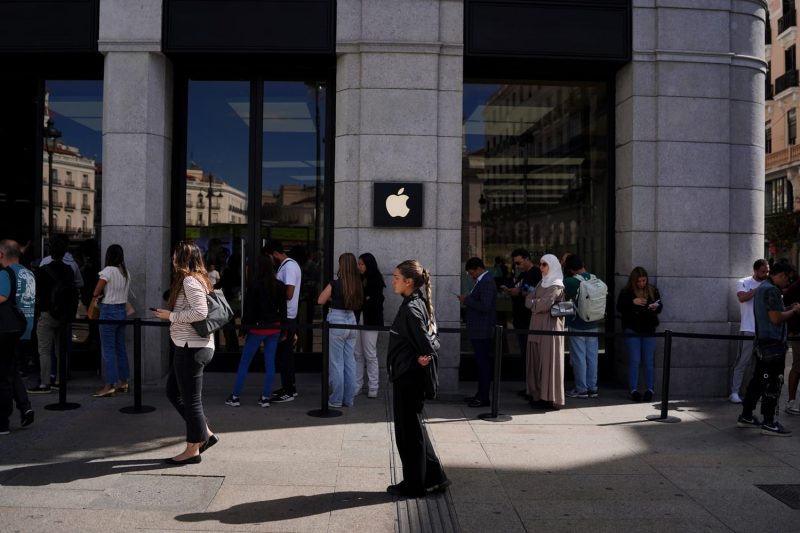In recent developments, European Union regulators have accused tech giant Apple of breaching the bloc’s regulations concerning the treatment of rival music streaming services on its App Store platform. This accusation adds another layer of complexity to the ongoing discussion around competition and fairness in the tech industry.
At the heart of the issue is the requirement imposed by Apple on music streaming services to use its in-app purchasing system when offering subscriptions to users. This policy effectively forces these services to pay a 30% commission to Apple on all transactions made through the App Store, cutting into their profit margins and potentially putting them at a disadvantage compared to Apple’s own music streaming service, Apple Music.
European regulators argue that this practice is anticompetitive, as it hinders the ability of rival music streaming services to compete on a level playing field with Apple Music. By imposing such restrictions and fees, Apple may be distorting competition in the market and limiting consumer choice.
Apple, on the other hand, defends its policies by citing the need to ensure the security and reliability of transactions on its platform. The company asserts that the commission it charges is justified by the services it provides to both users and developers, including app review processes, secure payment systems, and a global distribution network.
This clash between regulators and Apple is not a new phenomenon. The tech industry has come under increasing scrutiny in recent years, with concerns raised about the dominance of a few major players and their potential to stifle competition and innovation. In response, regulators around the world are taking a closer look at the practices of tech companies and exploring ways to ensure a more level playing field for all market participants.
The outcome of this current dispute between Apple and European regulators could have significant implications for the tech industry as a whole. If regulators are successful in challenging Apple’s practices, it could set a precedent for stricter oversight and regulation of other tech giants in the future. On the other hand, if Apple prevails, it may embolden other companies to maintain or even strengthen their grip on their respective markets.
Overall, this case highlights the complexities and challenges inherent in regulating the tech industry. Balancing the need for innovation and competition with the protection of consumers and smaller market players is no easy task. As the digital landscape continues to evolve, it is likely that we will see more conflicts like this emerge, necessitating careful consideration and action from regulators to ensure a fair and dynamic marketplace for all.
